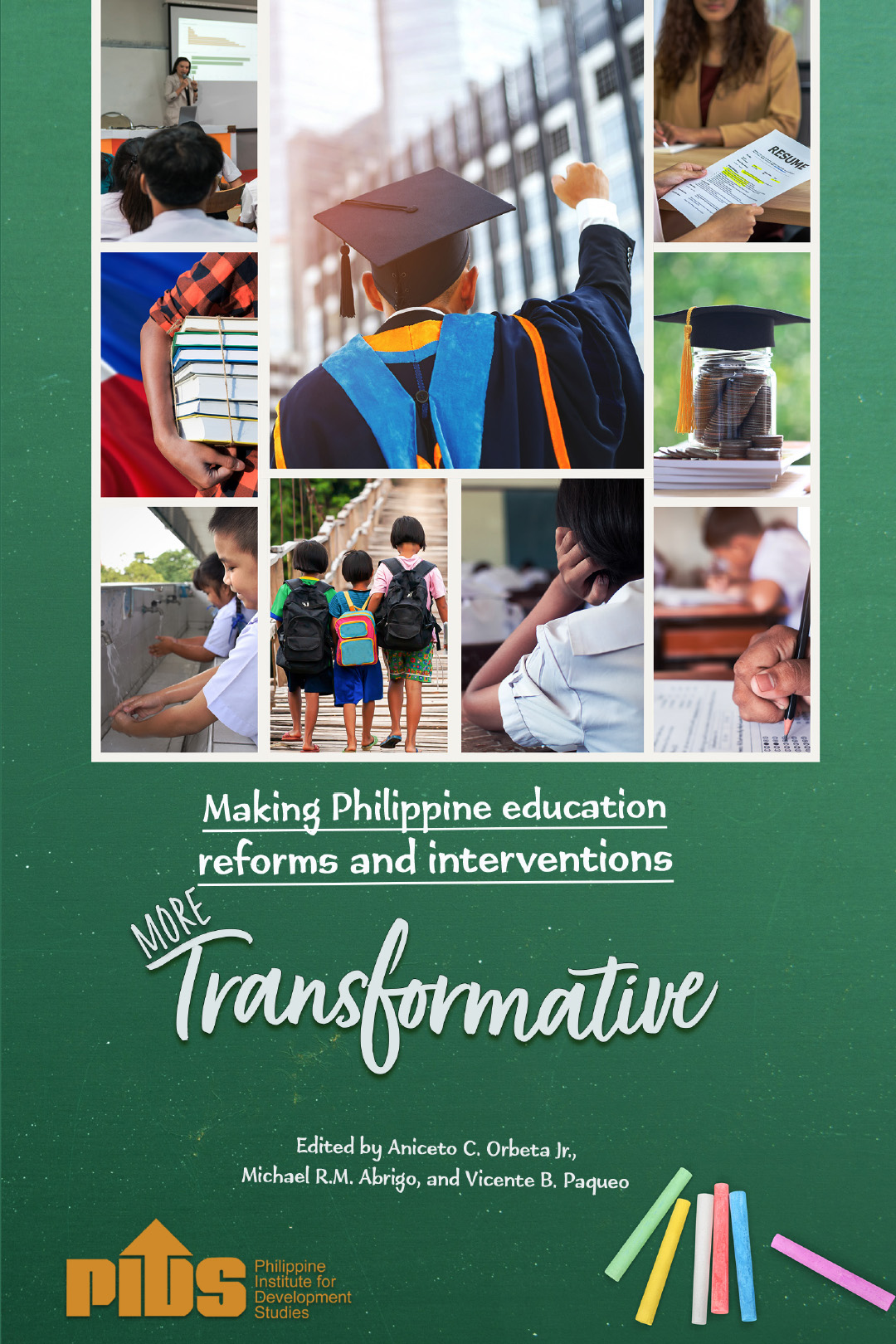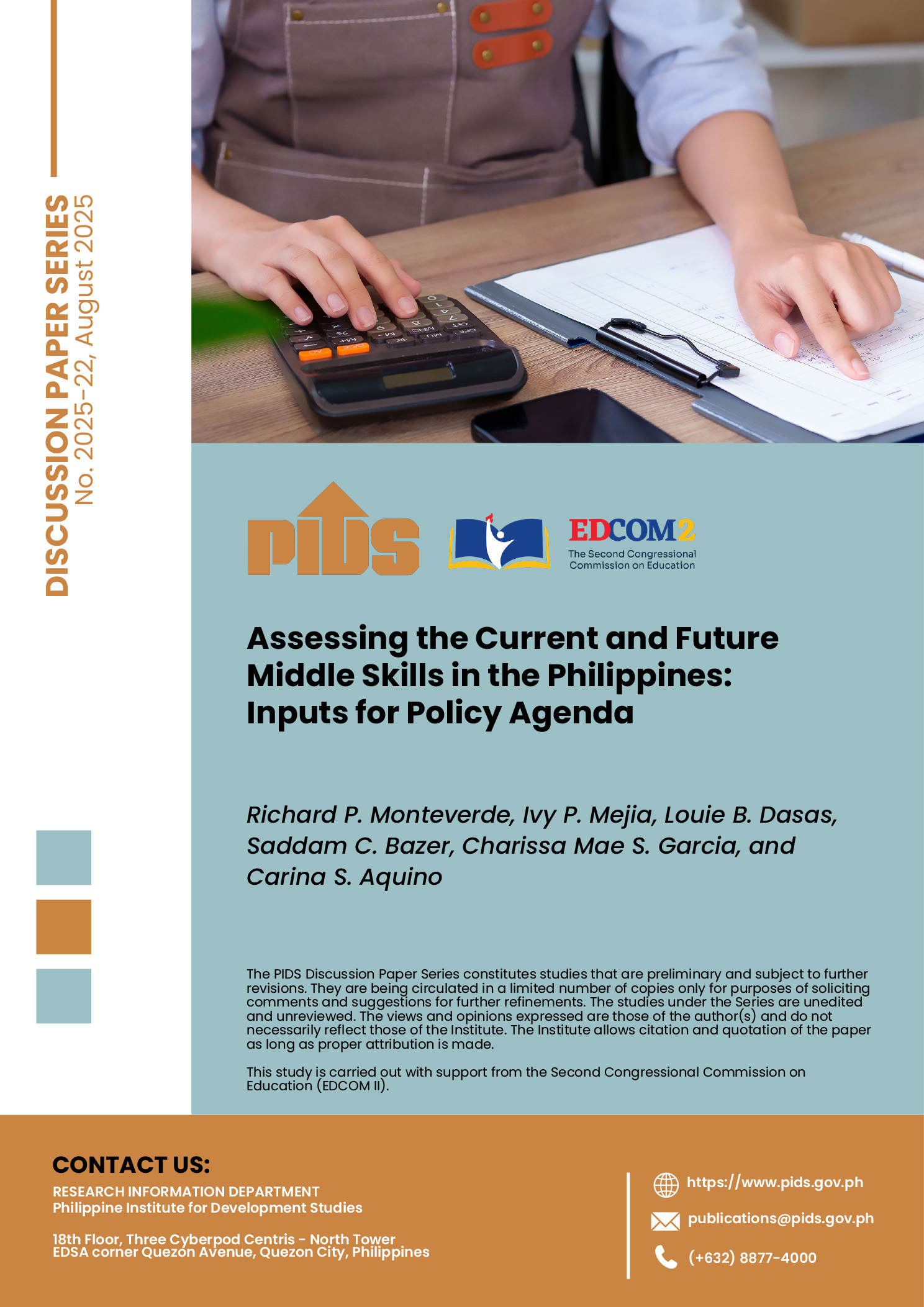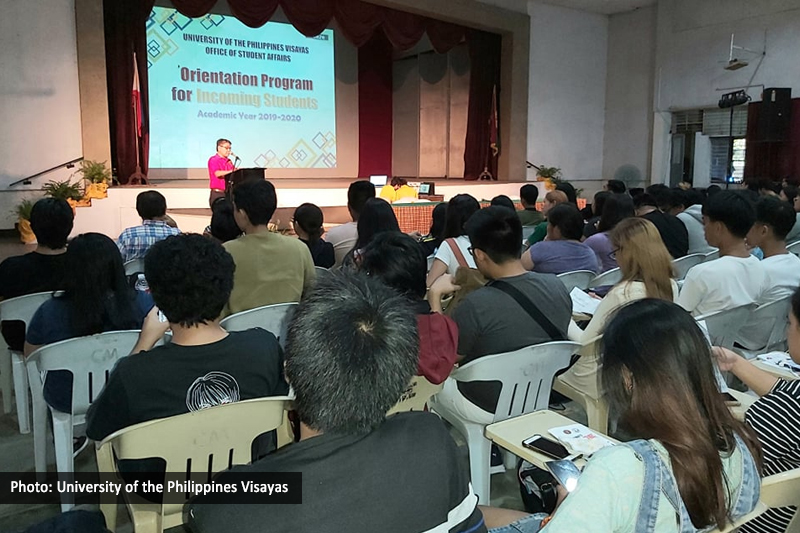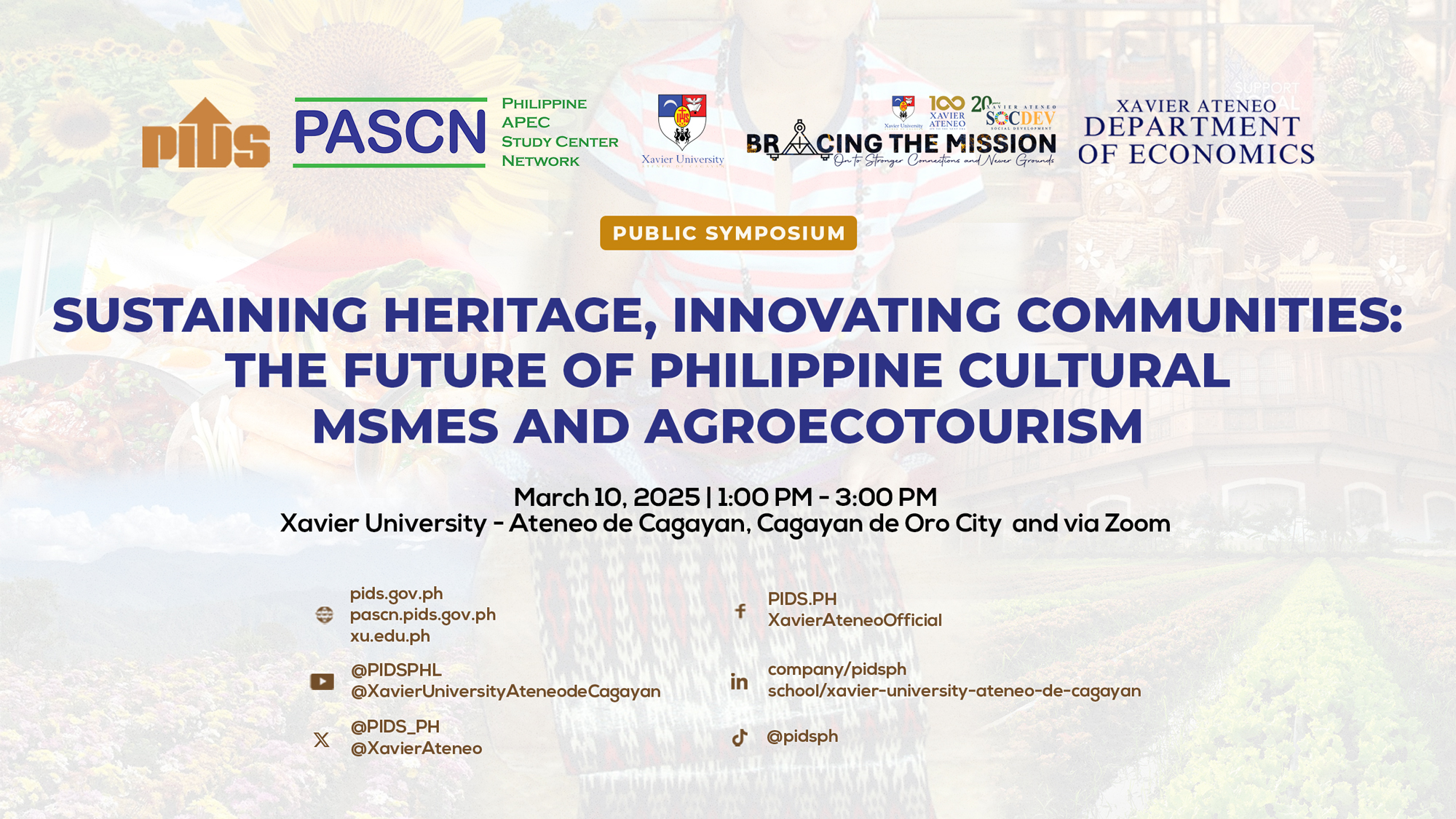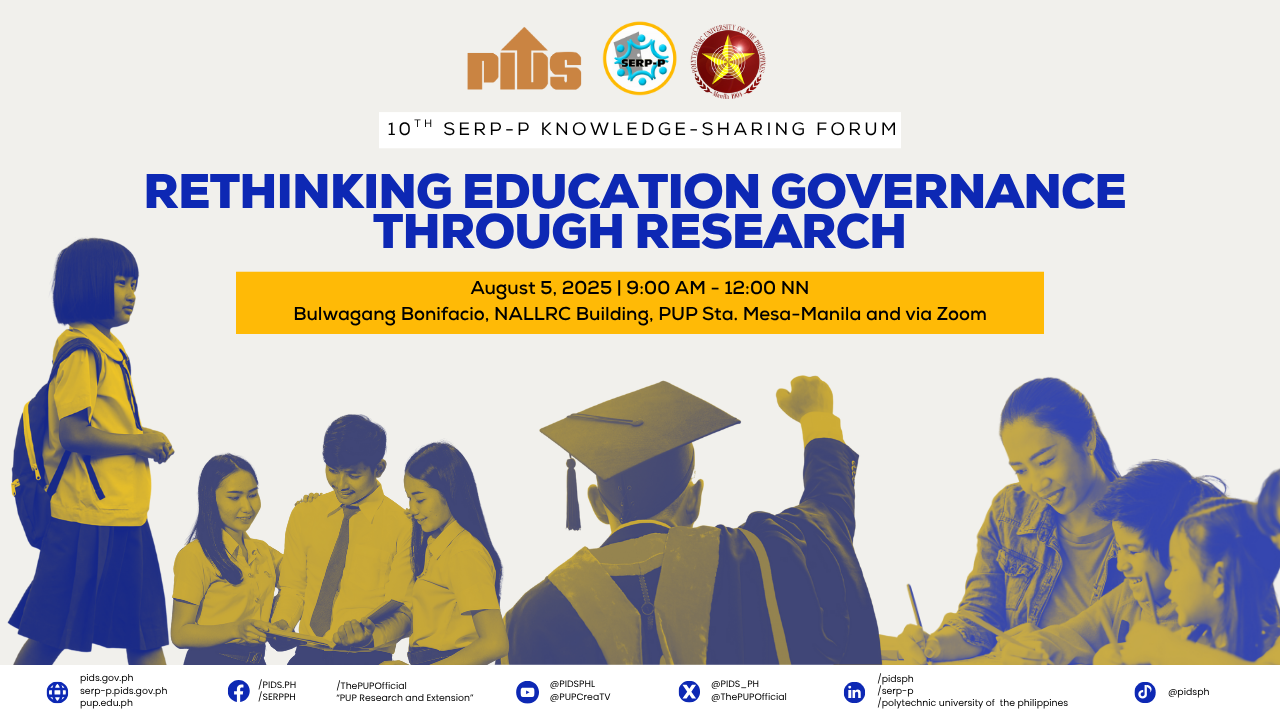The recent reports from the Second Congressional Commission on Education (Edcom 2) paint a complex picture of the current educational landscape in the country. Each finding sheds light on longstanding challenges and pinpoints key areas for reform. These issues highlight a pressing need for transformation across the sector, from curriculum design to governance, from teacher preparation to local government involvement. As Edcom 2’s work gains momentum, it calls for a thoughtful yet bold reimagining of our educational system—one that seeks to address symptoms and overhaul structural issues in ways that genuinely benefit our learners.
A focal point of Edcom 2’s recent report was the Teacher Education Council’s (TEC) ambitious plans for a revamped teacher education curriculum. Led by Dr. Jennie Jocson, the TEC aims to roll out a new curriculum model by the end of 2024, moving away from the “one-size-fits-all” approach. Jocson and her team argue that the current system lacks adaptability, a flaw starkly evident in teachers’ performance across varied local contexts. As they seek to equip educators with skills tailored to regional needs, this shift could be transformative, particularly if backed by the proper training and resources.
However, the challenges continue after curriculum design. A World Bank study highlighted in Edcom 2’s findings reveals worrying gaps in teachers’ competencies, particularly in handling multi-step problem-solving tasks. This issue goes beyond curriculum—it touches on how teachers are trained and supported throughout their careers. The current baseline for teacher qualifications, particularly the requirement of a master’s degree, came under scrutiny during recent discussions. While some see the degree as essential, Edcom 2 representatives suggest that an undue emphasis on this requirement burdens teachers without necessarily improving outcomes.
The discussion surrounding educator qualifications underscores a larger debate within Edcom 2 about finding a balance between academic standards and practical flexibility. Rep. Roman Romulo’s call to reexamine the master’s degree requirement reflects concerns that many teachers, already stretched thin by their classroom duties, struggle to balance these with the demands of graduate studies. The commission’s recommendations to include alternative pathways—such as research-based or experience-recognition tracks—aim to alleviate these pressures and acknowledge the diverse strengths of educators beyond academic qualifications.
The push for education reform has also opened up a crucial conversation about the national nutrition crisis that’s affecting young children’s growth and learning. Sen. Sherwin Gatchalian highlighted how essential local government units (LGUs) are in ensuring nutrition programs reach the communities that need them most. His call echoes findings from the Philippine Institute for Development Studies, which reveal that stunting and malnutrition are still major obstacles to children’s development across the country. In these areas, where LGU intervention is vital, the success of educational reforms is intertwined with improvements in health and social welfare.
Challenges persist, though, with health and nutrition programs. The tenure of barangay health workers, which changes frequently alongside local leadership shifts, was highlighted as an issue that hampers continuity and consistent service delivery. LGUs struggle to sustain effective community programs without stable and well-supported health workers. To address this, Edcom 2 is exploring ways to strengthen LGU roles, including making nutrition a component of the Seal of Good Local Governance Award criteria, an initiative designed to recognize well-performing LGUs.
Additionally, Edcom 2’s recent report calls attention to an ongoing mismatch in subject-specialization assignments within the Department of Education (DepEd). Secretary Sonny Angara acknowledged the longstanding problem: over 60 percent of teachers teach subjects outside their college specialization. This misalignment, documented extensively in Edcom 2’s findings, contributes to suboptimal educational outcomes, as many teachers are not equipped to teach specific subjects effectively. DepEd’s recent commitment to revising hiring forms to include subject specializations marks a crucial first step in addressing this mismatch.
This effort to optimize teacher placements within DepEd aligns with wider concerns around resource allocation within the department. In a recent budget hearing, issues with ICT resource utilization emerged, with billions of pesos worth of technology resources left undelivered in 2023. A student-to-computer ratio of 1:9 and a teacher-to-computer ratio of 1:30 reveal stark gaps in access to essential learning tools. These inefficiencies raise questions about DepEd’s management capabilities and resource allocation, especially considering calls for improved foundational skills development.
Edcom’s emphasis on foundation skills, as discussed at the International Large-Scale Assessments Symposium, highlights a critical issue: Our students consistently rank among the lowest in math, science, and reading in international assessments. A World Bank recommendation suggests a shift from content-based to competency-based curricula, emphasizing literacy and numeracy from early education stages. This strategic pivot could provide a more robust foundation for students, allowing them to develop essential skills incrementally and meaningfully, particularly if paired with consistent teacher training.
Language of instruction also emerged as a factor in educational performance. Edcom 2 explored whether Filipino students would perform better in assessments if tested in Filipino rather than English. Yet World Bank experts caution that language alone cannot address broader learning deficits. Socio-economic factors, classroom environments, and access to resources all intersect to influence educational outcomes, highlighting the need for comprehensive, multi-faceted interventions.
Finally, Edcom 2’s examination of the trifocalized Philippine Educational and Training System (Pets) highlights systemic issues in governance. Established over three decades ago, Pets divides educational oversight among DepEd, Ched and Tesda. While the intention was to streamline educational leadership, Edcom 2’s report indicates that this structure still needs to improve education outcomes. A proposed solution involves creating an independent oversight body to enhance coordination and accountability across these agencies, a recommendation that, if implemented, could streamline efforts and resources, fostering a more cohesive educational system.
The challenges identified by Edcom 2 are substantial, but so is the potential for reform. Addressing the complexities of teacher preparation, student nutrition, resource management, foundational skills, language instruction and system-wide governance requires a multi-pronged approach. Each recommendation, from curriculum redesign to LGU involvement in nutrition programs, points to a vision of Philippine education that is adaptable, equitable and fundamentally learner-centered.

